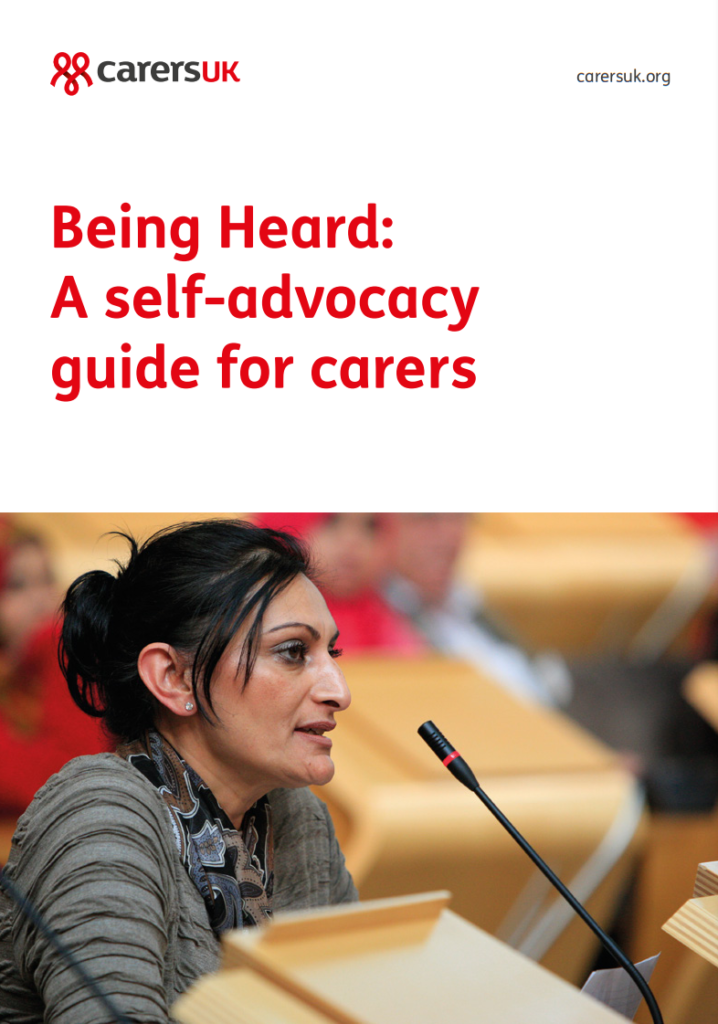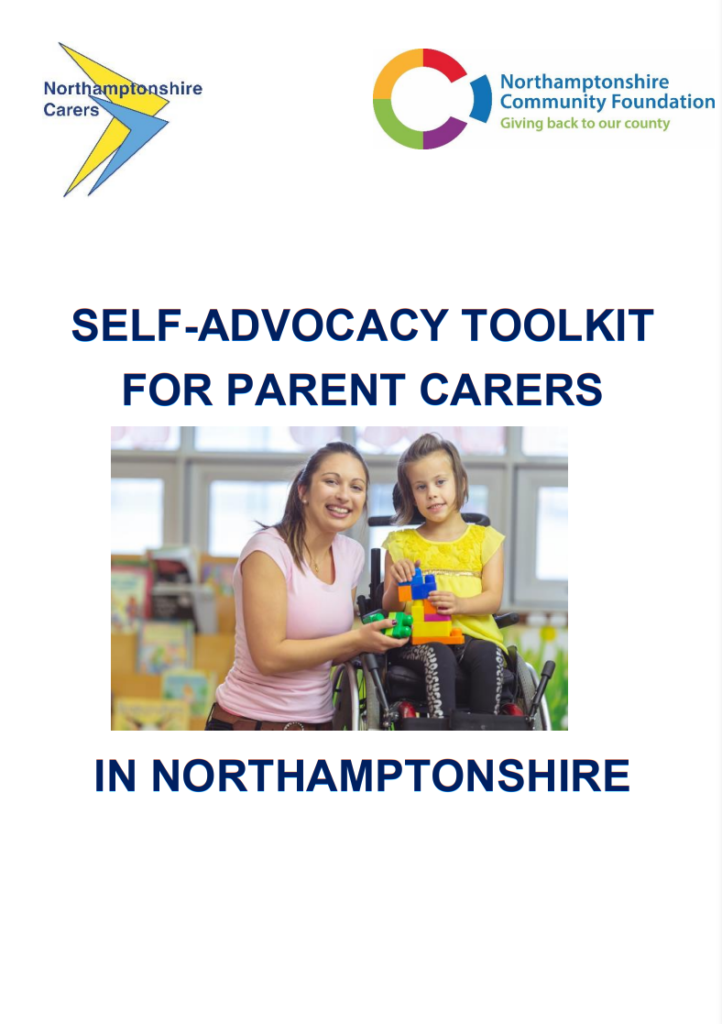Advocacy services throughout the country have created helpful toolkits to support people to speak up for themselves and achieve their goals. You can find some of these below, in no particular order. Please feel free to link us to others you have found helpful.
The Essential Self Advocacy Toolkit![]() by Advocacy Focus
by Advocacy Focus![]()
What we like about it:
This toolkit can work for anyone. It covers where you can find information, the skills that can help with self-advocacy, and how to build confidence. It goes into a lot of depth around soft skills that are key to working with professionals in challenging situations, like managing your emotions and negotiating.
Why it’s not for everyone:
Apart from a few examples, it does not come with key information about your rights – instead, it goes through where you can find information about them. It is also very wordy.
Self-Advocacy Toolkit![]() by Advonet
by Advonet![]()
What we like about it:
This toolkit is made up of easy-to-use worksheets to help you prepare for meetings and templates to help you through a complaints process.
Why it’s not for everyone:
The toolkit itself doesn’t cover any information about your rights or how to speak up for yourself, but you can find these things elsewhere on Advonet’s website![]() .
.
Being Heard: A self-advocacy guide for carers![]() by Carers UK
by Carers UK![]()
What we like about it:
This toolkit gives an honest and in-depth account of how to navigate ‘the system’ by understanding your rights, communicating effectively with services and professionals, and getting in touch with your thoughts and emotions. It can be used to learn to advocate for yourself or for a loved one. The website includes a different version for each of the UK nations, including both English and Welsh language versions for Wales.
Why it’s not for everyone:
Because this is written for carers, the section about legal rights is only catered to this group. The toolkit is also quite wordy.
Understanding and Supporting Self Advocacy![]() by Inclusion international
by Inclusion international![]()
What we like about it:
This toolkit is empowering and bold in naming the strengths, human rights, and myths about intellectually disabled people. It acts as a great reminder that supporting someone who has an intellectual disability is about more than just doing things for them – it’s about listening to and valuing their autonomy and expertise on their own life.
Why it’s not for everyone:
This particular document does not offer any practical tips or tools. It mentions that they were working on other resources, but unfortunately the project is quite old (this toolkit is from 2008), and we are not sure whether other resources were ever written as part of it. In fact, the document is no longer hosted on their own website.
Self-Advocacy Toolkit![]() by OCD Action
by OCD Action![]()
What we like about it:
This toolkit is accessible, to-the-point, and easy to use for anyone who is trying to access mental health treatment or support through the NHS. It explains how the system works and goes through different ways of communicating with professionals. It includes helpful worksheets and tips. Even though it is written for people with OCD and BDD, all of the information in it is applicable to anyone dealing with the NHS.
Why it’s not for everyone:
Apart from some of the tips on how to communicate with professionals, this toolkit is only designed for accessing support from the NHS, particularly mental health support. It won’t be as useful for accessing social care, benefits, or support at work.
Self-Advocacy Toolkit for Parent Carers![]() by Northamptonshire Carers Association
by Northamptonshire Carers Association![]()
What we like about it:
This toolkit is the most in-depth one we’ve come across so far. It covers taking care of yourself, communicating, legal rights, education, work, medical support, benefits, and transitions to adulthood. The website![]() also includes letter templates and additional factsheets on some of these topics.
also includes letter templates and additional factsheets on some of these topics.
Why it’s not for everyone:
While some of the sections in this toolkit would probably be helpful to anyone, the document is definitely written for parents of disabled children who are under 18, and the information in them reflects this. It is also quite wordy.






